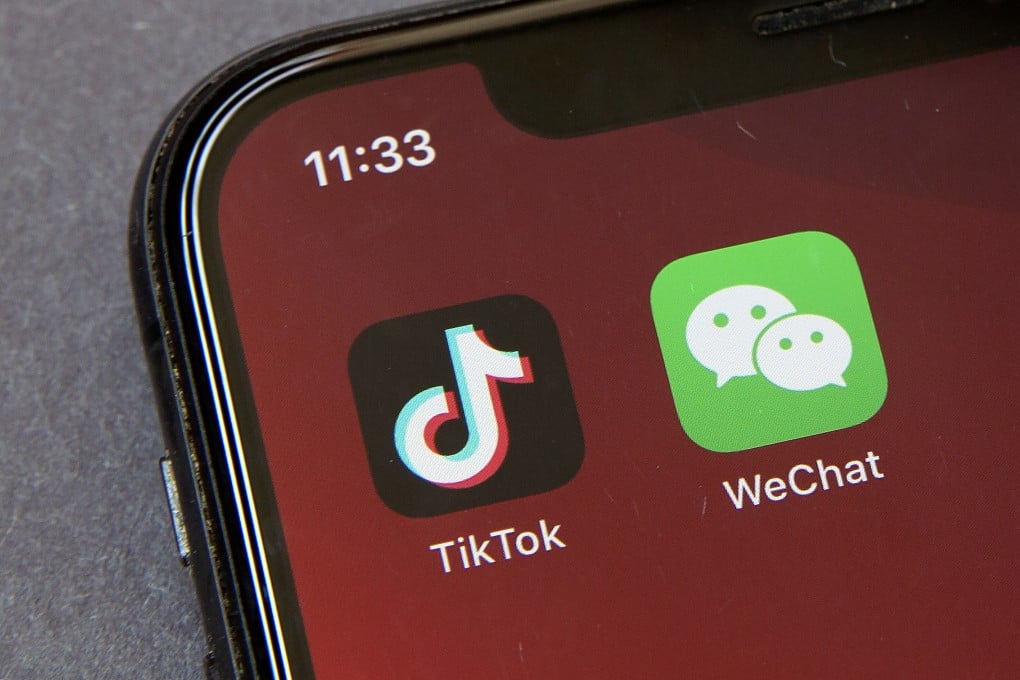TikTok owner ByteDance claims WeChat banning links makes Douyin more social in latest public spat with Tencent
- ByteDance China CEO Kelly Zhang says Douyin, China’s version of TikTok, is becoming a more social platform because its links are blocked on WeChat
- Competition between ByteDance and WeChat owner Tencent has been ramping up in many areas in recent years, including games and video streaming

The head of ByteDance’s China operations said Douyin users have become more social on the platform because of WeChat’s policy of blocking links to the short video app, becoming the latest volley in a bitter exchange between the two Chinese tech titans.
“[Social networking on Douyin] is occurring due to internal and external forces,” Zhang said. The internal reason, according to the CEO, is because of the massive popularity of the app, which had 600 million daily active users as of last August. The external reason, she said, is the WeChat ban. WeChat users started reporting problems with sharing Douyin links in March 2018.
“Everybody knows that Douyin is blocked by WeChat. But people are social animals who want to record, express, connect and interact with people out of instinct. When the instinct is cut off from external [channels], it naturally grows within Douyin,” Zhang said.
Tencent declined to comment.